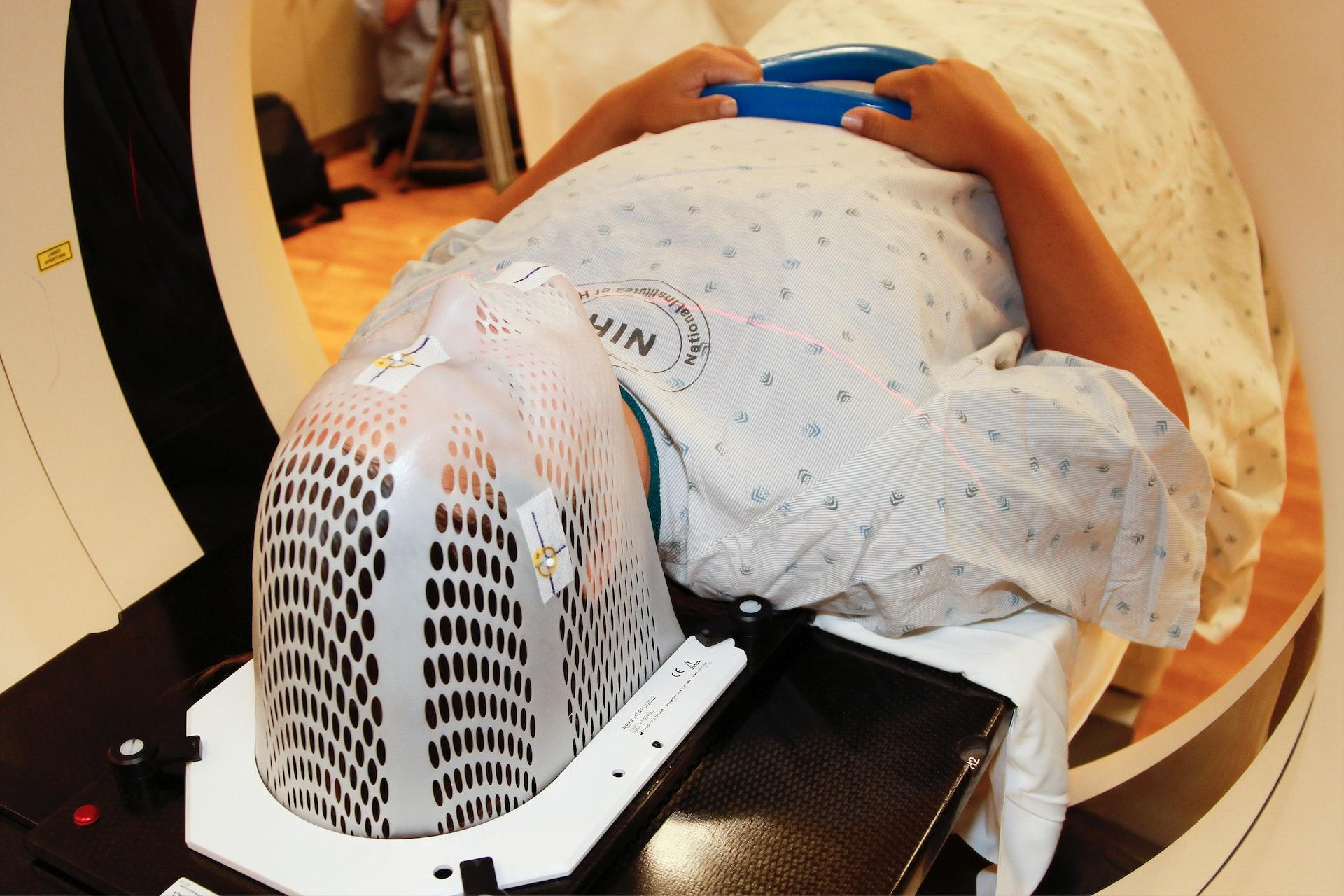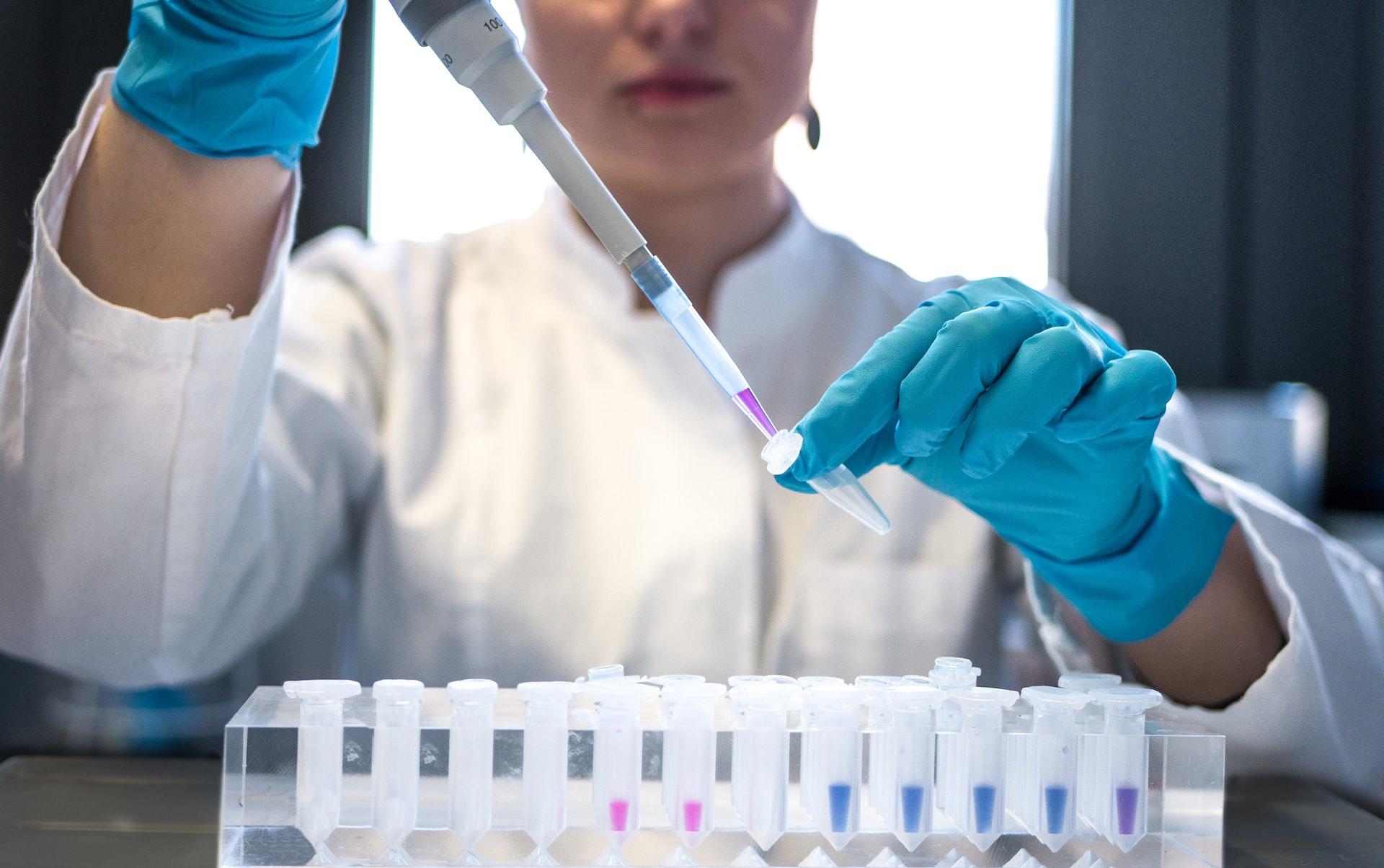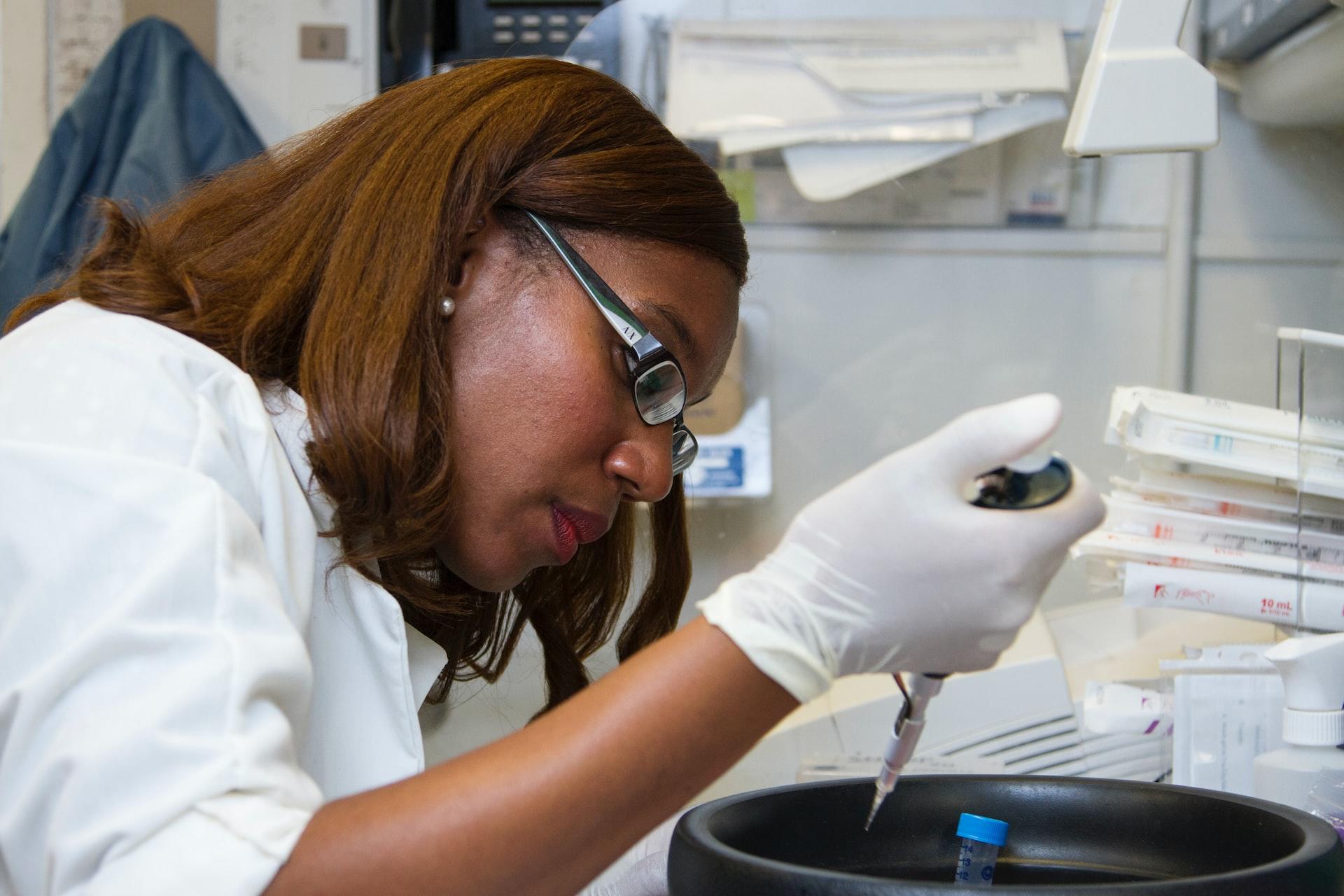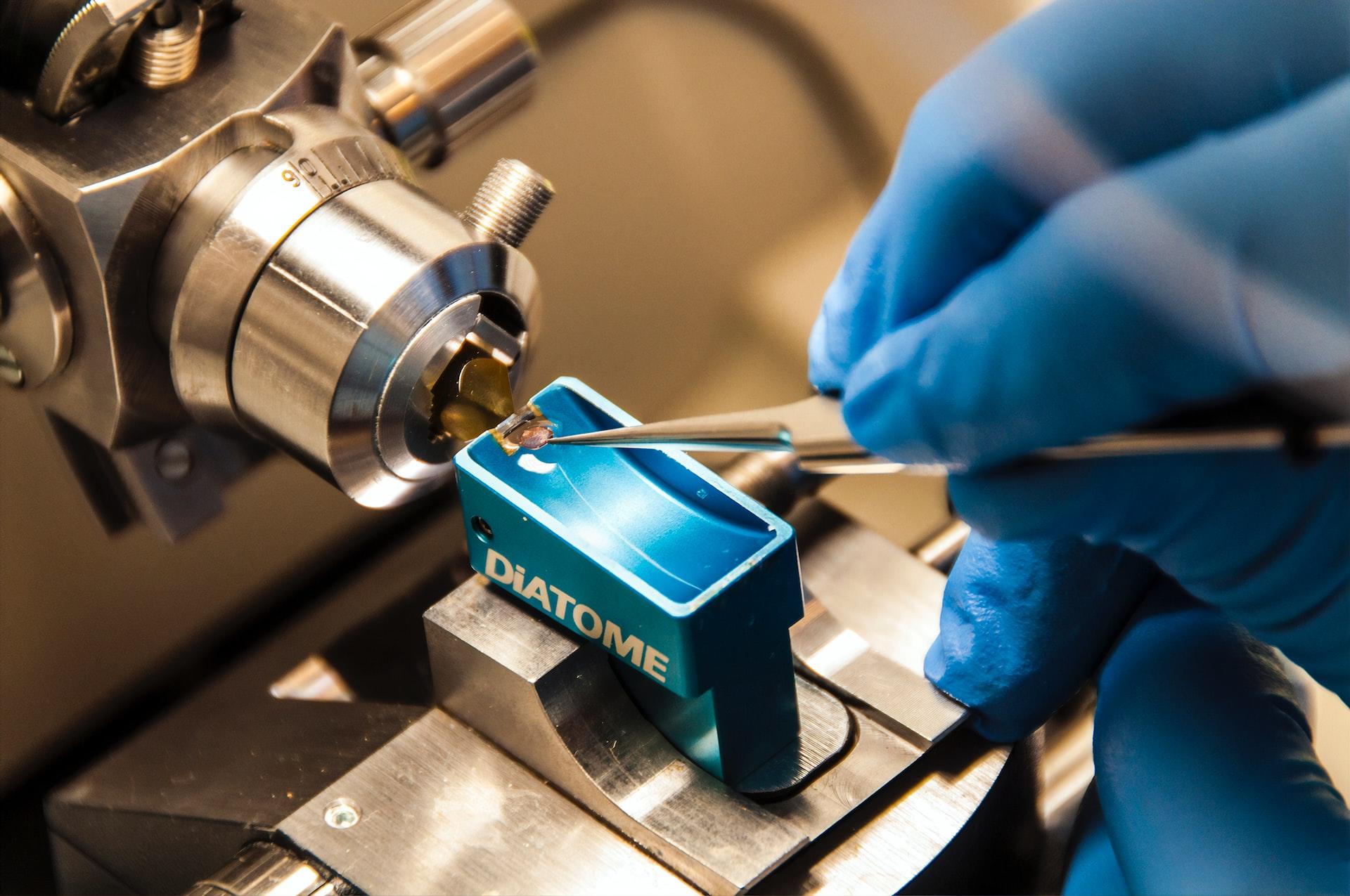Even though the name biophysics seems to suggest that biophysics is just the crossroads of biology and physics, there's more to it than that.
We're going to see what makes biophysics different from physics and where medical physics sits in all of this. Then we can see what the difference is when it comes to studying them and finding work.
Let's get to it!

Physics
You've likely studied physics before or had some experience with it, but has anyone ever told you what physics is?
Mainly, physics concerns itself predominantly with matter and how it interacts, energy, and forces. Of course, matter makes up pretty much everything in the known universe so physics pretty much covers everything.
Book a private class with an expert physics tutor.

The aim of physics is to explain the universe, but that's a big task so the discipline has naturally ended up with plenty of different branches. Physicists work with everything and across scales of magnitude, looking at everything from the entire universe and all the galaxies in it to the smallest subatomic particles and beyond.
Since physics has such a broad set of goals, physicists can often work with specialists from other fields and there's a lot of potential for interdisciplinary projects, research, and even branches to spring up.
Other fields can benefit from what physics brings to the table, too, and this is particularly evident when it comes to a field like biophysics, which we'll look at right now.
Biophysics
Put simply, biophysics is using physics, its learnings, and its approaches to understand biology and explain it more quantitively. In practice, it's specialist physicists working out what's going on in biological systems. Of course, a physicist with no knowledge of biology wouldn't be able to do this so we end up with biophysicists. Scientists whose backgrounds straddle the line between physics and biology as they use the approaches from the former to learn things about the latter.
Some big questions in biology need answered and physics brings some great approaches and techniques to the table. Generally, biophysicists are interested in biological systems at the cellular level and how molecular and atomic interactions occur in DNA, RNA, and proteins.
One of the areas where physics makes all the difference is through imaging. The techniques used in physics to observe atomic and molecular systems are particularly useful for also observing the smallest biological systems and things like molecular machines (they're really cool, look them up!).
Be sure to check out our quick guide to biophysics.
While biophysics uses physics to understand biology, medical physics uses physics for healthcare.
Medical Physics
Medical physics is considered to be part of biophysics, but it differs from both physics and biophysics in the sense that it prioritizes treatment and healthcare.

Much like biophysics in general, medical physics benefits a lot from the experimental approaches and techniques derived from physics, particularly when it comes to imaging.
After all, medical imaging is a hugely important part of diagnosing, treating, and evaluating treatments and none of it would be possible without physics.
We can split medical physics into three main areas (though there are certainly more!).
Medical Imaging
In medical physics, there's a lot of emphasis on imaging technology like MRI, ultrasound, x-rays, PET, CT, CAT, etc. If a medical professional has used some kind of machine to look inside you or scan something, it's thanks to the ongoing developments being made in the field of medical physics and biophysics.
Medical Physics for Treatments
Another area that medical physics focuses on is treating patients. One of the most commonly seen medical physics treatments includes radiotherapy.
There are actually multiple different types of radiotherapy and it's thanks to medical physics that they exist. Different conditions and illnesses can require different approaches and when it comes to developing the approaches and the technology, you need biophysicists specializing in medical physics and radiology.
Health Physics
While radiation is regularly used in medical physics to treat cancers, you probably know that radiation is actually quite dangerous.
Those who study health physics look at the effects of radiation and different kinds of radiation on people and use this to work out how we can protect ourselves from it.

Studying Physics, Biophysics, or Medical Physics
How you study physics, biophysics, and medical physics will also differ. While degrees in physics are quite common in schools and colleges across the country, biophysics is a much rarer major and the very best schools for biophysics only have a handful of biophysics graduates each year.
Like physics, biophysics is a really broad field, too, so this small number of biophysics majors is also likely down to the fact that biophysicists are graduating but they're just not recorded as majoring in biophysics because they specialized in an even more specific field or branch.

To work towards a major in biophysics, students are often expected to study physics, biology, and math. In some schools, this will be a matter of taking courses across different departments and different disciplines, but the best schools for biophysics are those that offer specialized biophysics classes and dedicated biophysics departments with a focus on producing skilled and knowledgeable biophysicists.
With medical physics being far more role/job-oriented, this is another field that won't necessarily have tons of students graduating with it written on their sheepskin.
As how and what you study differs across these fields, this also means that some students may find certain disciplines easier than others.
Is Biophysics More Difficult than Physics?
Different people struggle with different things. When it comes to physics, some students can find it difficult because of how much math is involved.
With biophysics, you have to be versatile. There are a lot of different subjects to study and even when you study biophysics at one of the best schools in the country, you'll have to be comfortable studying broadly different topics as you attend classes across different scientific disciplines, one of the reasons some students find studying biophysics difficult.
However, if you're studying physics and focusing on one very specific branch, the depth of your specialization may mean attending very advanced classes in one particular aspect of physics and if that's in something that you already find difficult, things are only going to get more difficult as you move onto advanced classes.
You can't say for certain that one is more difficult than the other, but if you know what kind of student you are, then the choice may be clear.
If you're the kind of student that has always done well regardless of the subject, the broad interdisciplinary nature of biophysics mightn't faze you. However, if you've always loved physics and done well in it but performed poorly in the other sciences, it might be a good idea to stick to good old physics.
Don't forget that you can always find a physics tutor online for additional help with topics you find difficult. More often than not, students struggle because of how they approach their classes rather than the actual content of the lessons. However, before you really start to make these kinds of decisions, you might want to consider the differences in careers between physics, biophysics, and even medical physics!
What's the Difference Between Physics and Biophysics Careers?
As the fields differ and the path to studying the two fields are different, physics majors and biophysics majors can expect different career paths.

While there isn't a hard and fast rule for what physicists and biophysicists can and can't do, anyone with an interest in a career in medical physics would do well to focus specifically on that or on biophysics.
Only studying physics won't completely close the door to these careers in biophysics, but it does mean that further study will likely be required to have the required knowledge of biological systems, concepts, and approaches specific to the field.
In terms of earning and earning potential, it's difficult to tell. For one, since most biophysicists will have a specialization, there isn't a lot of useful data out there on how much they earn. Similarly, physicists work across such a broad range of fields, and it's also difficult to find fair and representative salary estimates.
Ranges seem to indicate somewhere between $70,000 and $100,000 a year, but it's probably best to look to specific fields and specializations before trying to work out exactly what you should be earning as either a physicist or biophysicist.
After all, no two biophysicist jobs seem to pay the same and, much like with other lines of work, expertise, experience, and niche will help to drive up salaries.
Which Should You Choose?
This is the million-dollar question. You know what you like, what you're interested in, what you're good at.
Studying physics will leave you with way more options when it comes to studying larger-scale concepts like space and astrophysics.
For those with a fondness and interest in living things, you'll find biophysics fascinating and will rarely be bored.
If you're a people person and a natural carer, medical physics or health physics could be a great choice.
In any case, physics is a fascinating field in general and if you choose something you have a passion for, you'll have a great time studying it and landing a job in your given field.
Ready to learn more? Find AP physics tutors near me on Superprof today!
Résumer avec l'IA :
















